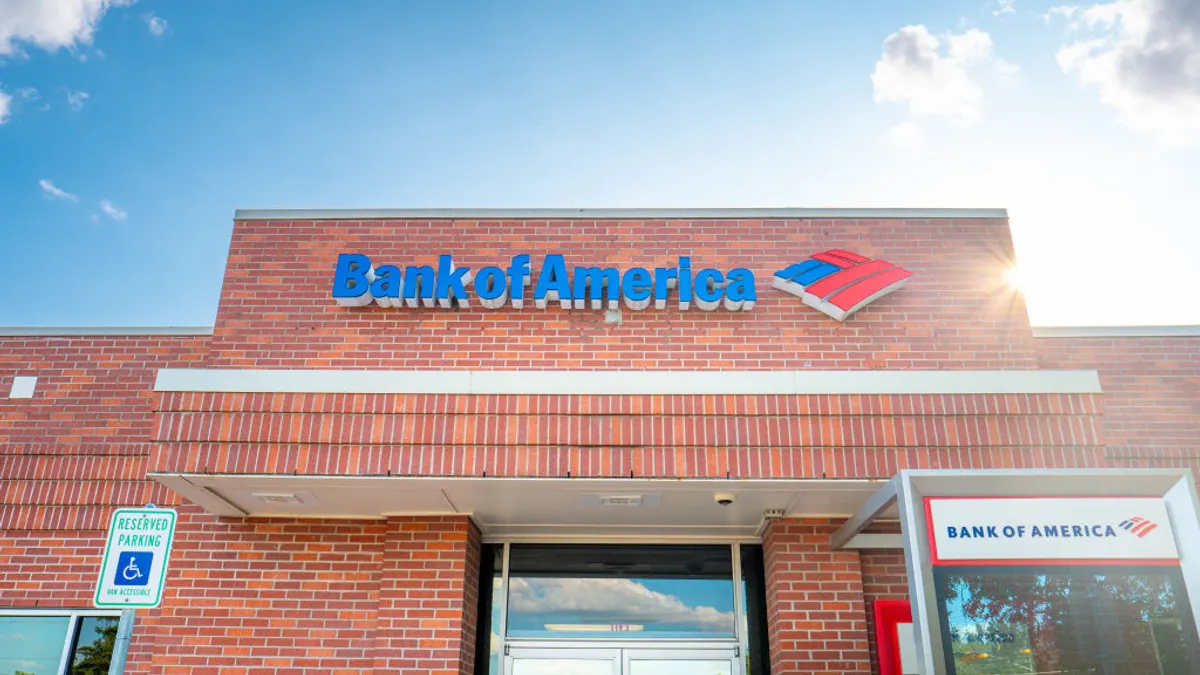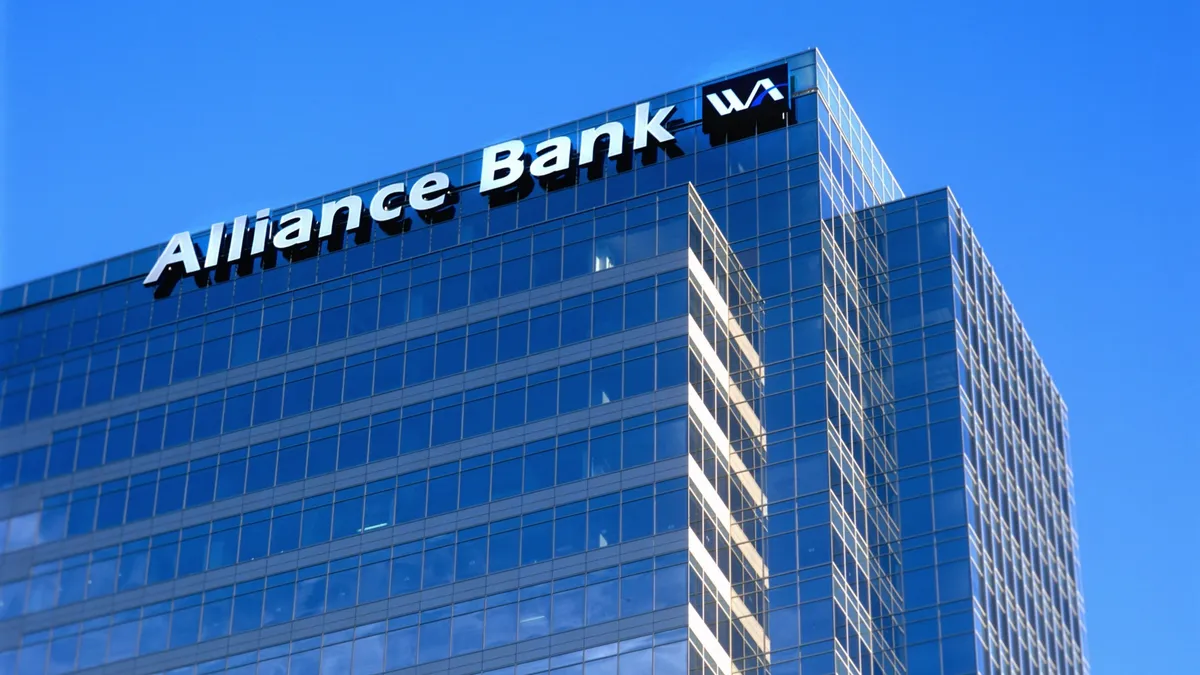De novo banks have achieved profitability at a quicker pace in the past decade than they had in the years leading up to the Great Recession, and the coronavirus pandemic could help accelerate that trend, according to S&P Global Market Intelligence.
Customers' increased adoption of digital banking amid the pandemic, and the realization that banks can operate with less physical space, have enabled de novos to tailor their operating models to a new normal, said James Stevens, a partner in Troutman Pepper's financial services practice. The incremental efficiencies tied to those adjustments could help de novos decrease costs, he said.
It took an average of 8.6 quarters for the 1,046 de novo banks established from 2000 to 2009 to turn a profit, according to S&P data. For the 30 de novos that have launched since 2010, it has taken 6.8 quarters on average to achieve profitability.
Consolidation in infrastructure and digital investments has helped de novos find a quicker path to profit in the past decade, Stevens said.
"Those same trends that we've seen that have developed that efficiency over the past 10 or 12 years have doubled again just in the last six months," he said. "Banks that are opening these days are opening with a much more efficient operating model."
Banks are realizing they don't need the same physical space as before, Stevens said. And, for some bankers, the pandemic has confirmed that approach.
"COVID has taught me and the world that you don't need an office," said Ken LaRoe, co-founder and CEO of Climate First, a St. Petersburg, Florida-based de novo that recently filed for deposit insurance.
LaRoe said the bank's physical locations will be much smaller than most branches, and he plans to have some staff work from home.
"All of my production people are going to work out of their home. There's no need for them to even have an office, which I kind of always felt before anyway, but now I'm absolutely convinced of it," he said.
The pandemic has also forced customers to become more comfortable with digital options — another factor contributing to a decreased need for branch staff.
"You just don't need as many people to open a bank," Stevens said. "The number of customer-facing roles in a branch have diminished dramatically."
A July survey conducted by the data analytics company J.D. Power found only 9% of respondents said they conducted a transaction inside a bank branch in the past week, compared with 29% who used a drive-through, 29% who used mobile check deposit and 33% who used an ATM.
Nearly one-fifth (18%) of respondents said, after the crisis, they plan to use branches less than before, while 29% said they plan to use mobile more, and 24% said they'd hedge toward online banking.
Although the pandemic has caused disruptions to virtually every sector of the market, Stevens said it's a good time to be a de novo bank.
"If you're coming out with a brand-new bank today, you can now take advantage of all the things that you've learned over the past six months, and put them into your operating model," he said.
Stevens likened today's de novos to the banks that were formed at the beginning of the Great Recession — institutions that had the benefit of opening without the troubled loans their legacy counterparts held.
"Not only do you have an ability to build your operating environment, taking into account these new normals, but also you don't have any hotel or restaurant loans. You're starting from scratch," he said.
The Paycheck Protection Program (PPP) could also help de novos post profits more quickly than before.
"In the near term, de novos will get a small revenue boost once Paycheck Protection Program loans are forgiven," Steven Lanter, partner at Luse Gorman, told S&P Global Market Intelligence. "If the de novos were already operating in a way such that they had the operational capacity to participate in the PPP, then I think like any financial institution, they would recognize the noninterest fee income for those loans and ... they'll be seeing a nice uptick in noninterest fee income."
Triad Business Bank, a North Carolina-based de novo that opened March 16, was able to participate in PPP from the start.
"We gained a lot of loyalty during that time period," CEO Ramsey Hamadi told Banking Dive in May. "The new accounts significantly enhanced the growth of our noninterest-bearing operations, the core checking accounts within the bank. Those are hard to come by, so it's been beneficial in that way."





















